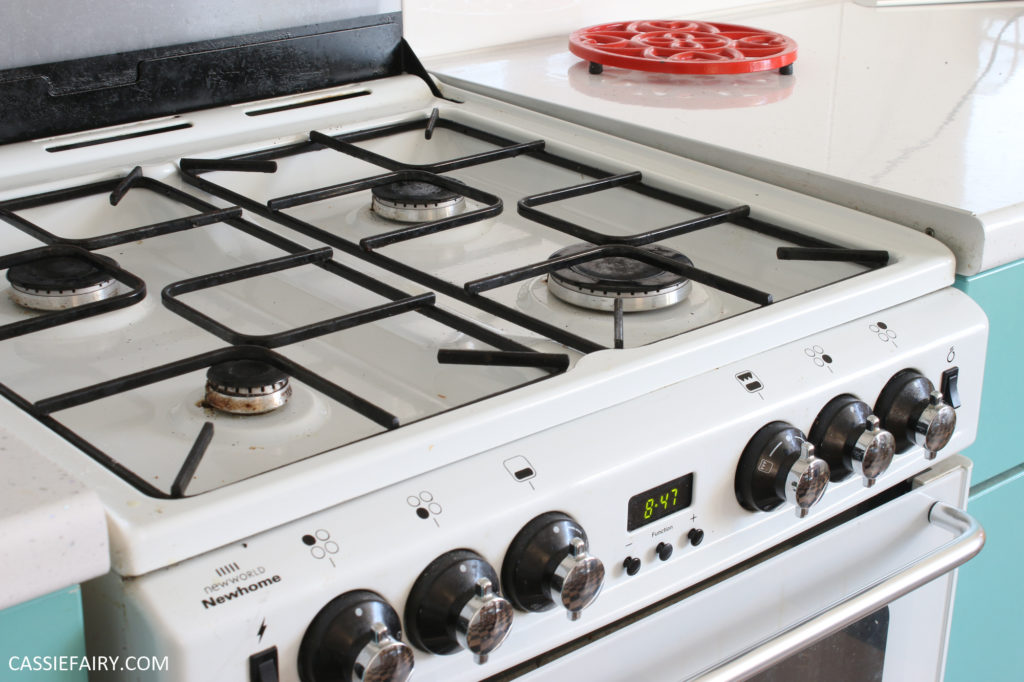
Your kitchen appliances play a crucial role in daily life, helping you prepare meals efficiently and keep your household running smoothly. Over time, they can become less efficient, unreliable, or outdated, making it harder to enjoy your time in the kitchen.
In the past, I’ve had times when I’ve taken food out of the oven after its recommended cooking time, only to find it’s half-baked. I’ve also spotted puddles in the bottom of my fridge, leaks on the floor under my dishwasher and rust appearing on the microwave. And don’t get me started on limescale in the kettle and coffee machine!
But thankfully, these issues didn’t occur all at once. It would be really expensive if you had to replace all of your appliances at the same time!
If you can keep an eye out for these signs that it may be time for an upgrade, you can slowly replace them one by one over the years, meaning you don’t have to splash the cash all at once on multiple appliances. Here are some things to look for:
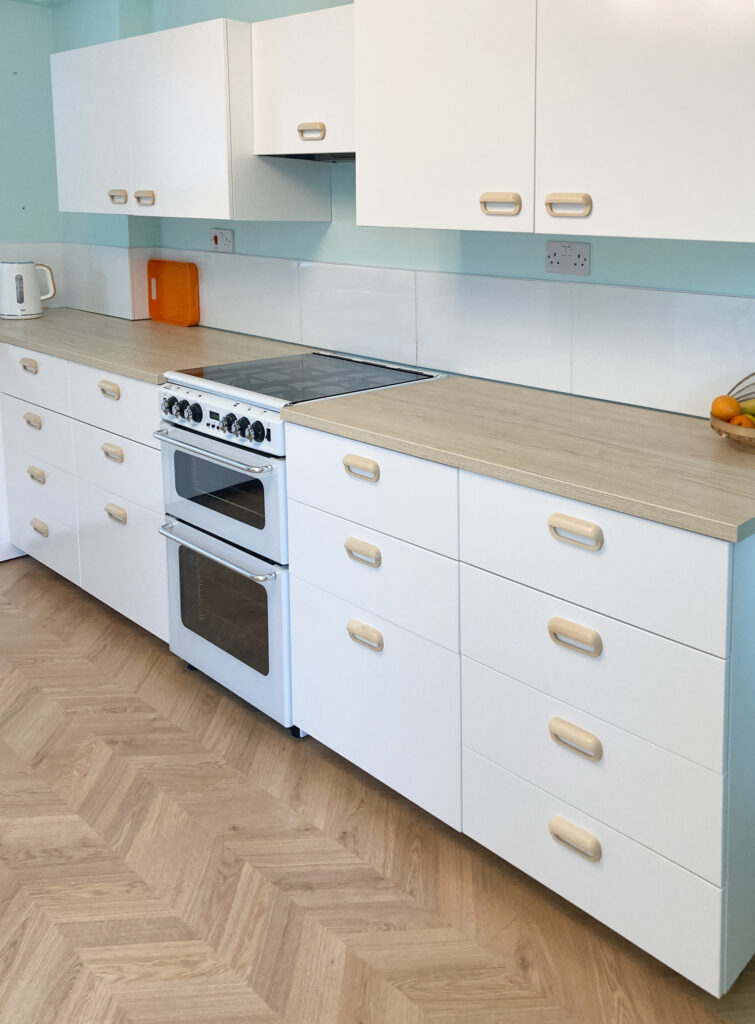
1. Your Appliances Are No Longer Energy-Efficient
Older appliances tend to consume more energy compared to modern, energy-efficient models. If your electricity or gas bills have been steadily increasing, your outdated appliances could be the culprit. Many modern appliances, such as a Smeg built in oven, are designed with advanced energy-saving features that not only reduce your carbon footprint but also help lower your household expenses.
Energy-efficient appliances often carry ratings that indicate their performance in terms of power consumption. If your current appliances don’t have an energy rating or if they fall short compared to newer models, upgrading could provide long-term savings and environmental benefits.
2. Frequent Repairs Are Adding Up
If you find yourself constantly calling a technician to fix your appliances, it’s a clear sign that they are reaching the end of their lifespan. While occasional repairs are normal, frequent breakdowns can be costly and inconvenient.
For example, when the hinge on my oven door broke – yes, the door came off in my hand – I tried to source the part from the manufacturer to replace it. However, the hinge section was no longer available (that’s how long I’d owned the oven) and finding a compatible part would have cost as much as replacing the whole cooker. So it made sense to get the very old, much-used oven recycled and install a new, more energy-efficient one instead.
Investing in a new appliance rather than continuously repairing an old one can save you money in the long run and provide peace of mind with reliable performance. I now realise just how poorly the old oven had been working; that was the one that didn’t always completely cook food, so it needed to be turned up to a high temperature and baked for double the time. Not very efficient.
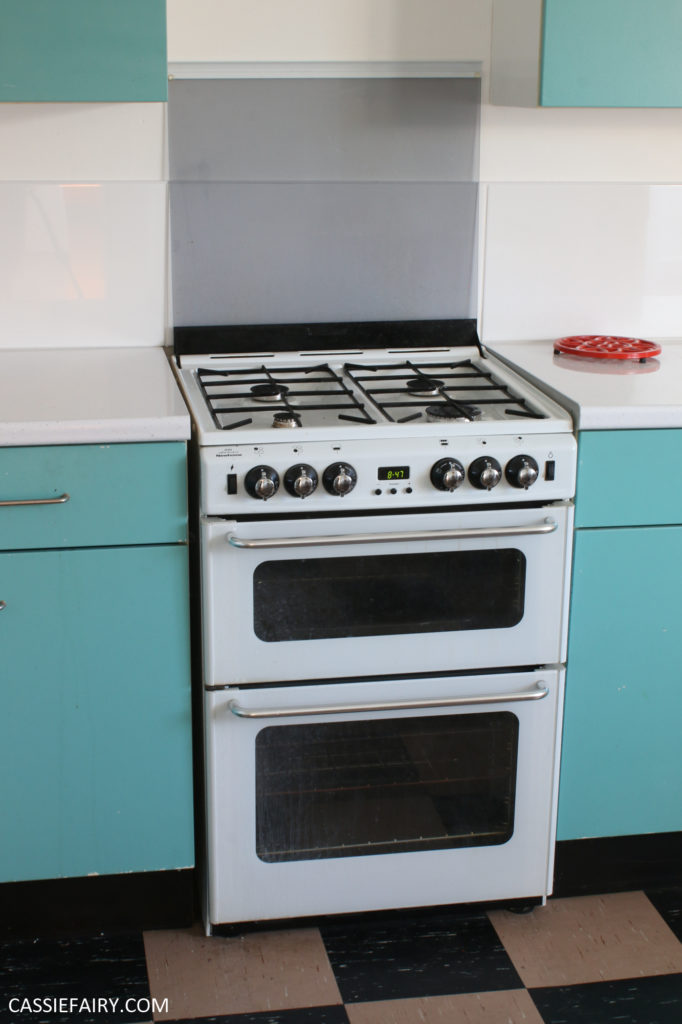
3. Your Kitchen Doesn’t Meet Your Needs Anymore
As your lifestyle changes, your kitchen needs may evolve as well. Perhaps your family has grown and your fridge no longer has enough space to store groceries efficiently. Personally, I grew so much fruit and veg on my allotment that I needed a larger freezer to store all my produce – the little box at the top of the fridge certainly wasn’t big enough.
Maybe you’ve developed a passion for baking and your outdated oven can’t keep up with your culinary ambitions. Upgrading to modern appliances with features tailored to your lifestyle can make cooking more enjoyable and stress-free.
4. Strange Noises or Performance Issues
Appliances should operate quietly and efficiently. If you’ve noticed unusual noises, such as grinding, buzzing, or rattling sounds, it could indicate internal issues. Additionally, if your fridge struggles to maintain the right temperature or your oven takes longer to preheat, it might be time for an upgrade.
New appliances are designed to operate quietly and consistently, ensuring a better experience in the kitchen. So, if you’ve got some strange noises coming from your kitchen when an appliance is running, it’s time to keep an eye on it (or keep an ear on it!) to see if it needs repairing or replacing in the near future.
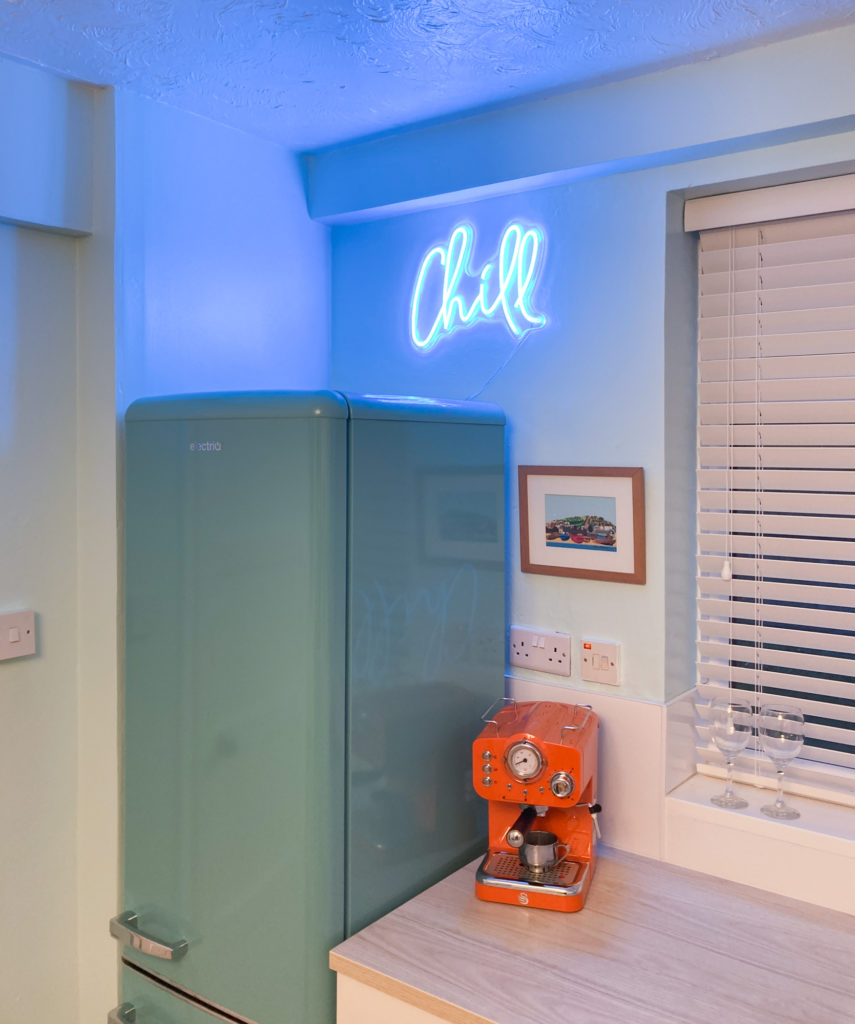
5. Outdated Technology and Features
Kitchen appliances have come a long way in recent years, with smart technology and innovative features making daily tasks easier and more convenient. If your appliances lack modern functions like programmable settings, touch controls or smart connectivity, upgrading could significantly enhance your kitchen experience.
Smart appliances can be controlled remotely via smartphone apps, allowing you to monitor your fridge’s temperature even when you’re not in the kitchen or set the cooking time and temperature of the oven. Or a smart dishwasher can use sensors to adjust the cycle and water usage depending on how dirty the dishes are, reducing your energy bills. These advancements can make your home more efficient and adaptable to your busy lifestyle.
6. Visible Wear and Tear
Over time, appliances can show signs of wear and tear such as rust, discoloured surfaces, or worn-out handles. While some cosmetic issues can be addressed with minor repairs, extensive damage may impact performance and hygiene.
If your appliances look outdated and tired despite your best efforts to maintain them, replacing them with modern, stylish alternatives can improve both aesthetics and functionality.
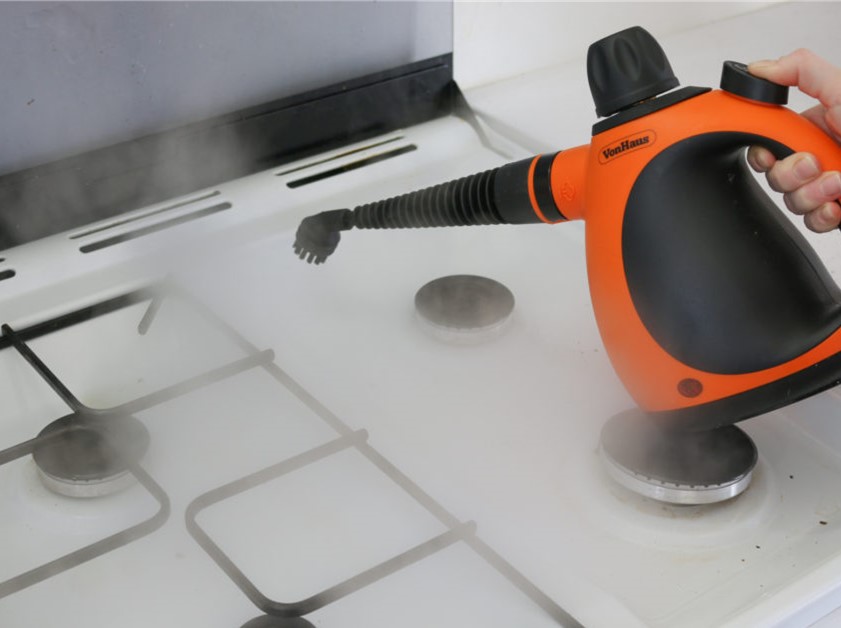
7. Inconsistent Cooking or Cooling Performance
If your oven no longer cooks food evenly, or your fridge has warm spots, it could be a sign of declining performance. Cooking inconsistencies can lead to wasted food and frustration in the kitchen – this was certainly the case with my old oven. I even had to buy an oven thermometer to check if it could get up to temperature, and it rarely did.
When you can’t ‘make do’ with poor performance any more, upgrading to an appliance with precise temperature control and improved technology can help you achieve better results and reduce food waste.
8. Your Appliances Don’t Match Your Kitchen Design
If you’ve recently renovated your kitchen but you’ve kept your old appliances and they look out of place, it may be time for an upgrade. Modern appliances come in various finishes and styles that can complement your kitchen’s aesthetic. Stainless steel, matte black, or integrated designs can enhance the overall look of your space while offering the latest technology.
Sure, there’s no need to update an appliance if it’s still working well but just is no longer the look you like – but combined with other issues like energy efficiency, poor performance or repairs required, it sometimes makes sense to recycle the old, much-used appliance and choose one that suits your new kitchen style and your personal needs.
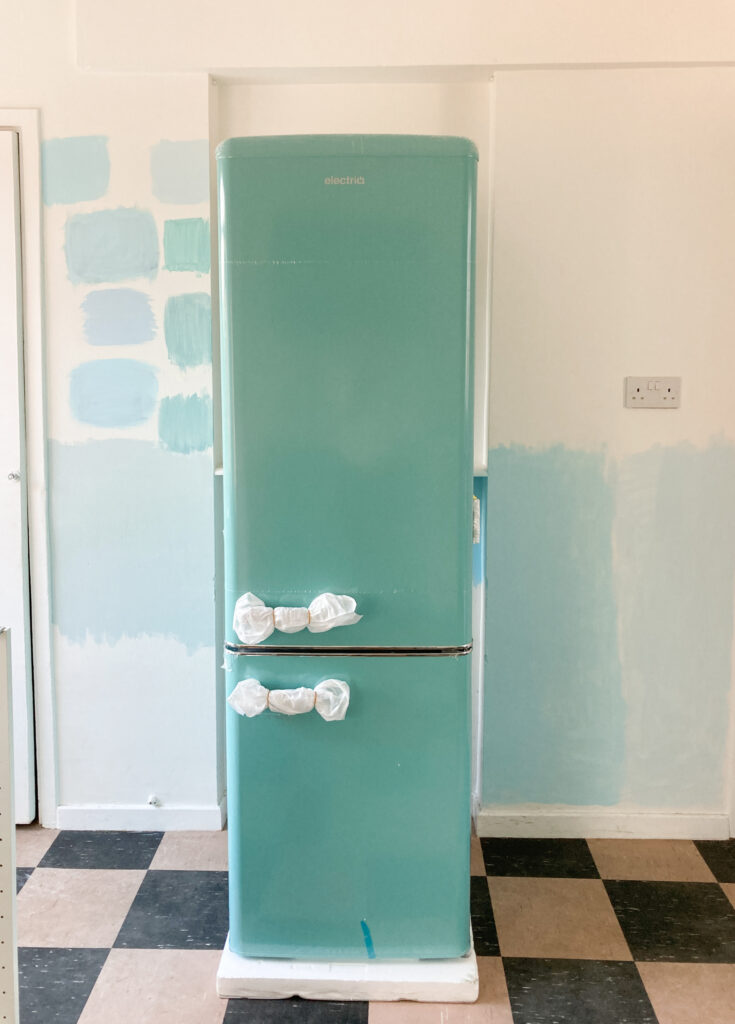
When decorating the kitchen, I chose the fridge then the paint – it took multiple tester pots to find the right colour!
Upgrading your kitchen appliances is an investment in efficiency, style, and convenience. If any of these signs resonate with you, it might be the right time to consider making the switch to newer, more advanced models that align with your needs and lifestyle. Let me know in the comments below if you’ve had issues with your appliances and what you decided to do. 🙂
Pin it for later
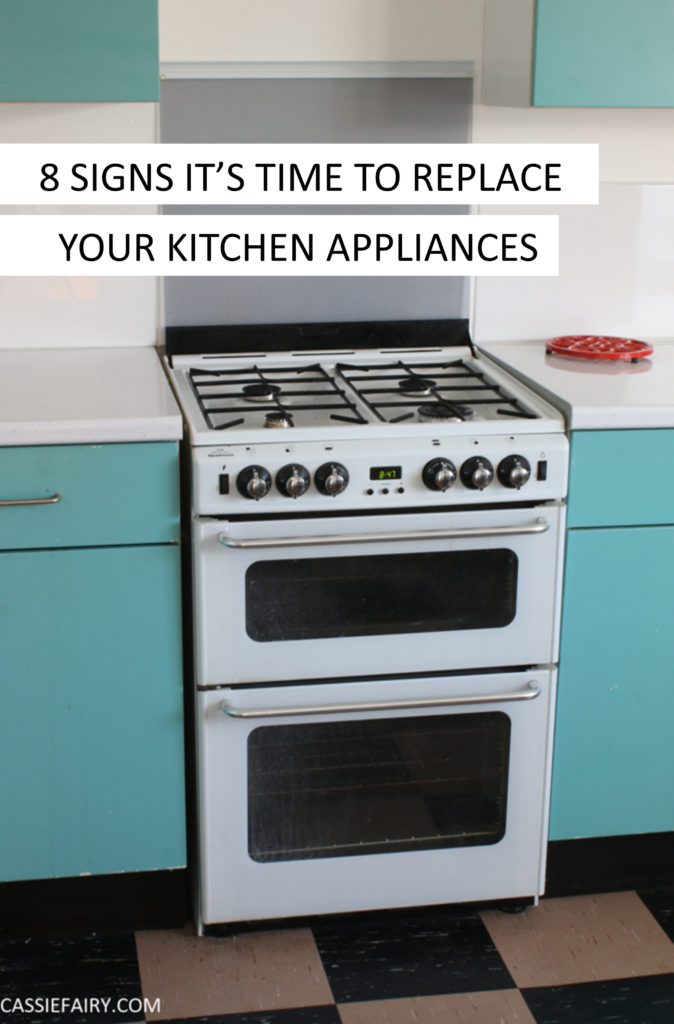
This blog post is an advertisement feature that has been written in collaboration with a sponsor. The pink links in this post indicate a sponsored link 🙂










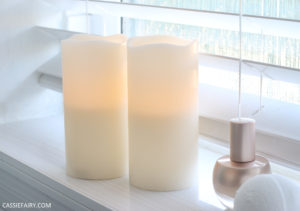








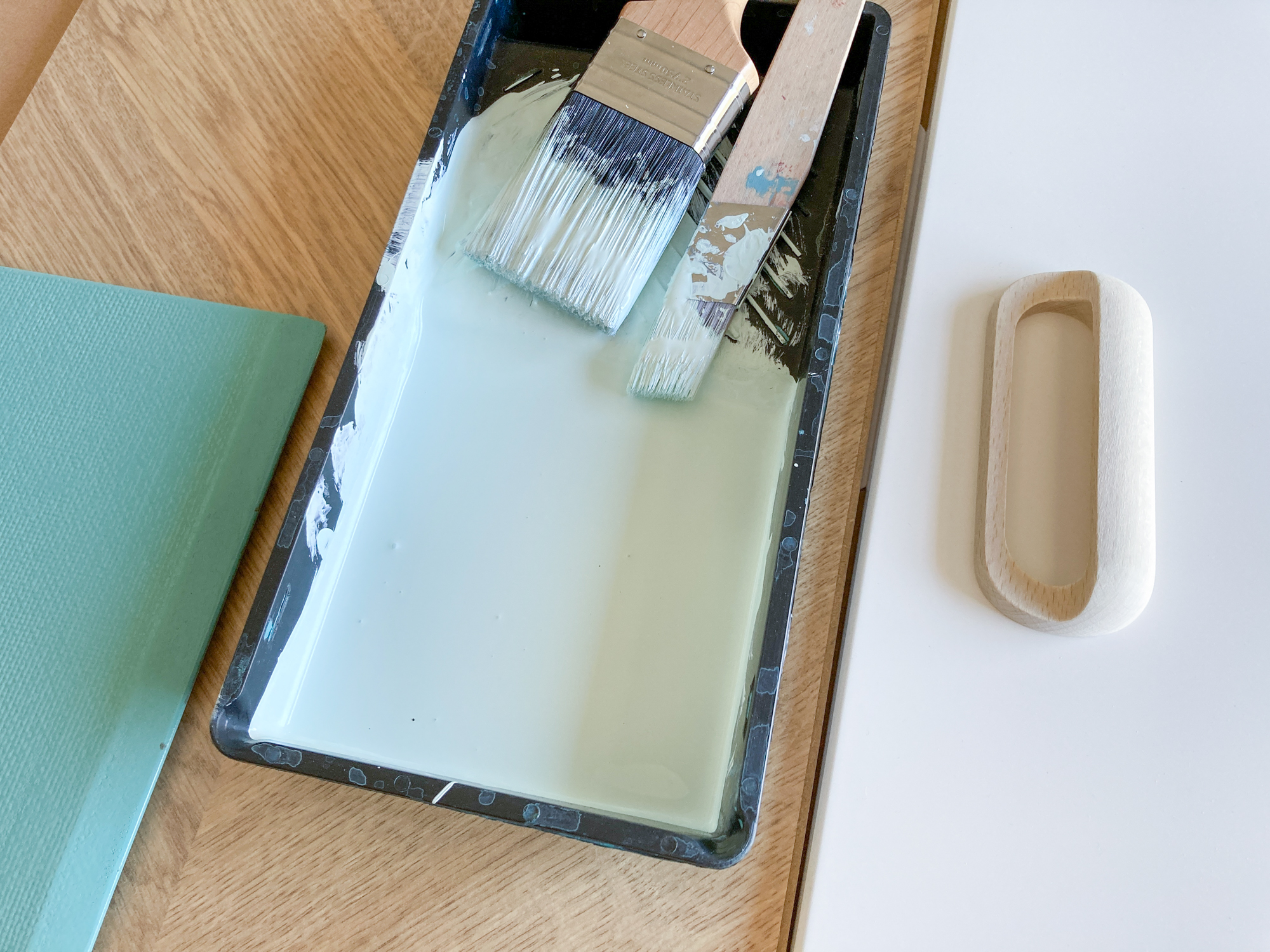

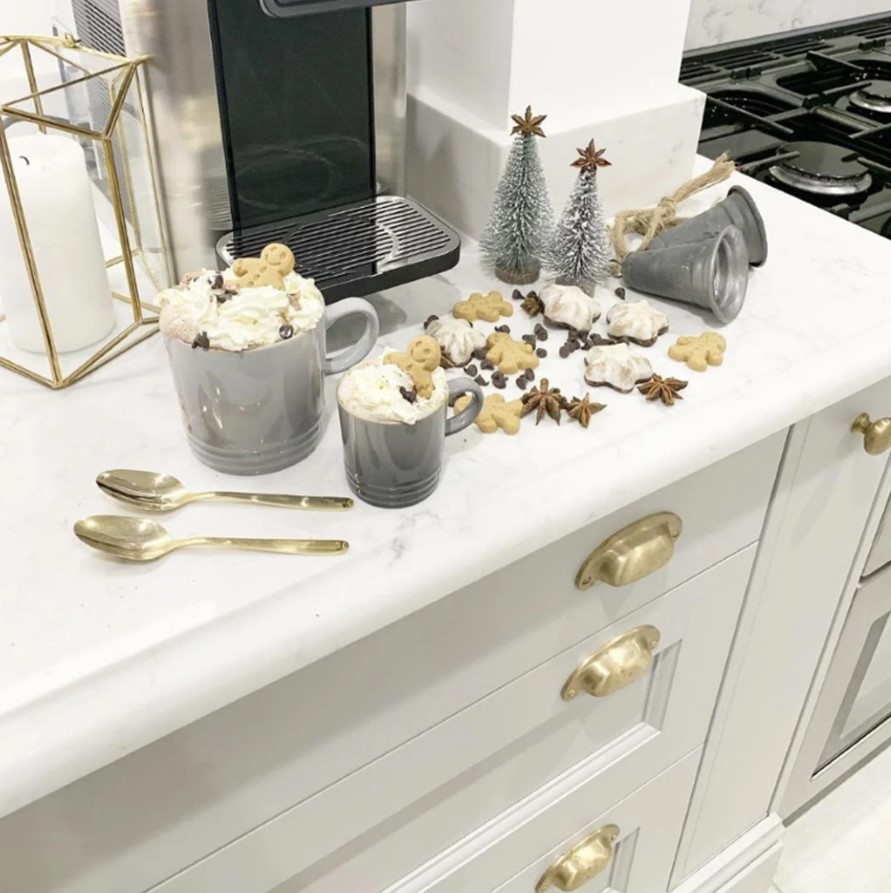

2 responses
Thanks so much, I’m glad you found it helpful! 🙂
Such a helpful guide perfect for anyone wondering if it’s time for an upgrade!